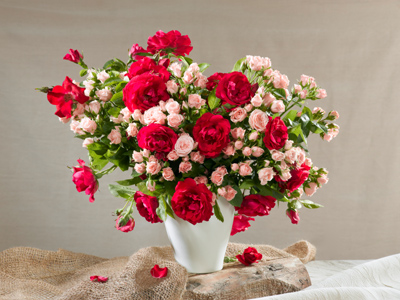
A Time and a Place - Prepositions
Quiz playing is a wonderful way to increase your knowledge of English as a Second Language. Remember that all of our ESL quizzes have titles that are both friendly and technical at the same time… In the case of this quiz you might like to tell your friends about “A Time and a Place Quiz” but no doubt your teachers will talk about “Prepositions”! If you hear a technical term and you want to find a quiz about the subject then just look through the list of quiz titles until you find what you need.
In English we use prepositions to tell where things are and when they happen. Someone once said that there is 'a time and a place for everything' but without prepositions you would find it almost impossible to explain times and places. Try this quiz to test your knowledge of prepositions.
She went ... ... a special program on her computer and translated the information ... ... Spanish.
Who is the girl standing ... those two strange men?
They always used to send me a card ... ... my birthday.
What were you looking ... ?
I'm afraid I was always pretty hopeless ... ... foreign languages when I was at school.
Your documents should be available to collect ... ... the weekend.
Which letter comes ... ... Zeta in the Greek alphabet?
I've never quite mastered the art of eating 'bitty' Eastern food ... ... chopsticks.
There is a beautiful vase of flowers ... ... the dining-room table.
I wonder who has moved into the house ... ... , ... ... the street?
Ready for more?
not all...
quizzers. Try to win a coveted spot on our Hall of Fame Page.







